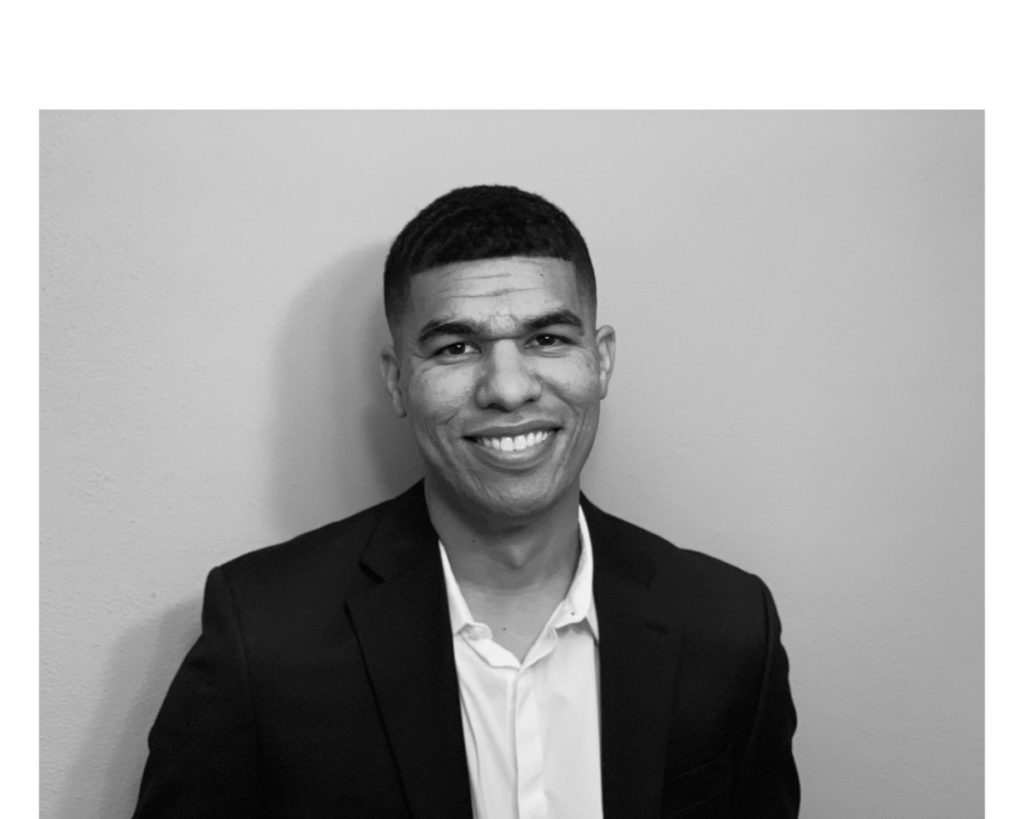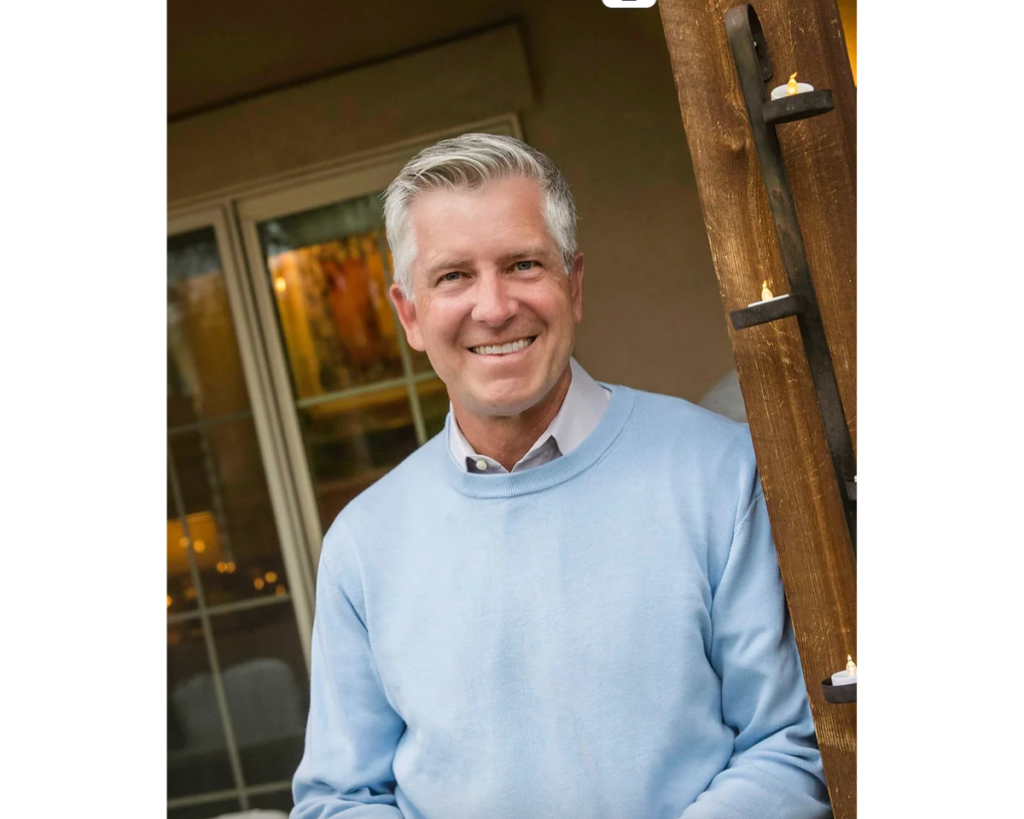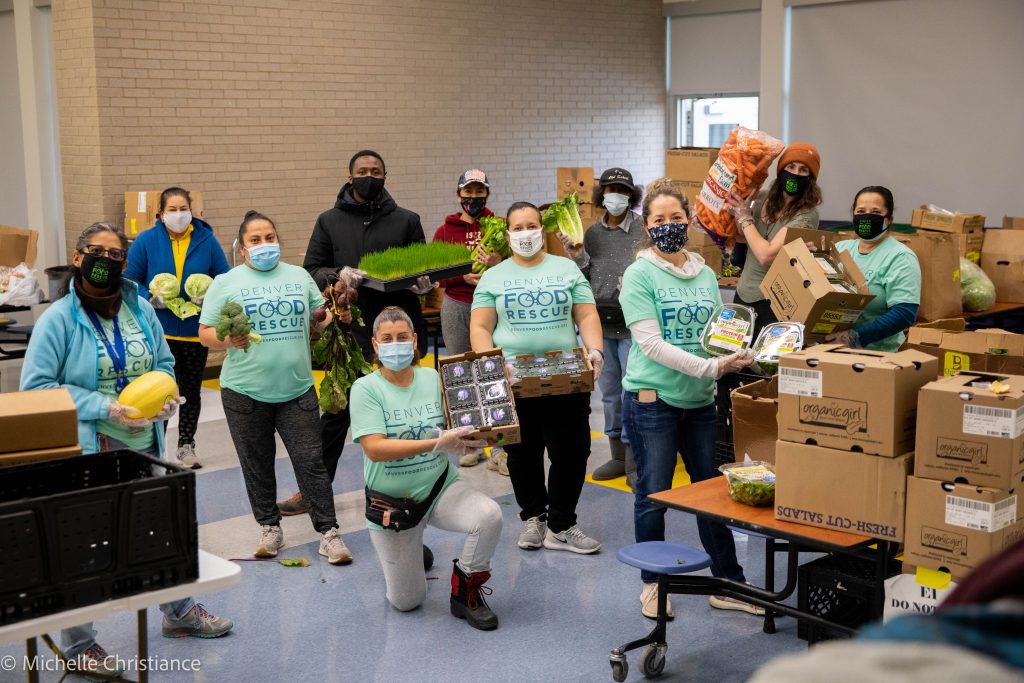Denver Families for Public Schools is a nonprofit, nonpartisan organization that focuses on increasing civic engagement and voter participation to help families better engage their public school system.
Late in 2021, Denver Families hired Clarence Burton Jr. as its new chief executive officer. Burton has extensive experience building strategic coalitions and activating grassroots constituencies on campaigns statewide and across the Denver Metro area.
Burton is a first generation high school and college graduate. He grew up in San Diego and graduated from UCLA.
Most recently, Burton served as the State Director in Colorado for Older Adults Technology Services. He has also worked on several political campaigns in Colorado, including Mike Johnston’s gubernatorial campaign, and now-State Sen. Chris Hansen’s first race for the Colorado House of Representatives.
Boardhawk recently sat down with Burton to learn more about him and his plans for Denver Families. This interview has been edited for length and clarity.
Boardhawk: Please tell us a bit about yourself and your background before joining Denver Families.
Clarence Burton: I’m a first generation high school and college graduate and a former foster youth. With my biological family when I was young we experienced periods of homelessness. I went to a lot of different schools, especially in elementary school. I attended a couple of different middle schools, and then ultimately, in the foster care system had a little bit more stability and ended up at a single high school. There, I was fortunate to have folks in my life, even through all of that dysfunction, who gave me the opportunity and encouraged me to continue to work hard at school and to commit to education.
I generally start with my story because whenever I’m having conversations like this, I realize that, statistically speaking, the odds that I’d be sitting down with you today and having this conversation are very low. And the reason why I’m able to be here with you and to do this work is due in large part to education.
I started out, just after college, in City Year, working in Far Northeast Denver, on the Montbello Campus, with ninth- and tenth-graders. That was an incredible, eye-opening experience. From there I moved into the policy space for a bit and then as a policy associate at the Public Education and Business Coalition.
What gets me up in the morning, the story that you’ll see in my professional arc, is working to ensure that as many kids as possible, especially those who come from a background similar to mine and face similar challenges, have access to high quality education, regardless of what they look like, how much money their parents have, or what zip code they they live in.
Boardhawk: How did you come to Denver Families, and why did you see this as a good fit for your passions?
Burton: There were just so many threads of interest, not just education, which I’ve talked about already, but also authentically engaging with the community, giving voice to those who are often voiceless or overlooked. And the opportunity to be able to play a part in building up this organization to do that incredibly important work to ensure that everyone’s got a seat at the table here in Denver when it comes to public education. I couldn’t pass it up and I’m really excited to be here.
Boardhawk: What do you see as the main work of Denver Families, both short-term and longer-term?
Burton: The mission of the nonprofit is really straightforward: To give communities the power to influence public education locally, and we believe the way to do that is to ensure that they’re engaged at the civic level and of course, at the electoral level.
When we look at the conclusion of the last (Denver school board) election cycle, the headline that was most of interest to me was ‘record low turnout.” And it’s why in 2022, our focus is going to be around closing the gaps. That’s the campaign, and that’s what we’re going to lean into really intently.
When we say close the gaps, we are really talking about a couple of things. One, that there is this gap in participation, electorally, between Black and brown families and white families. And then there is this gap in ‘off-year elections.’ I personally believe there’s no such thing as an off-year election. What does that even mean? Let’s call it an odd-year election versus an even-year election.
We want to close that gap as well, because the result of these local school board races and the impact they have on not just families but everyone in the community. We’re really intent on closing those gaps. That’s going to be our primary focus in 2022 and beyond for Denver Families.
Boardhawk: What kind of changes in strategy do you believe are necessary to engage families more effectively in public schools policy and politics?
Burton: You can’t look at the last election cycle (where teachers-union backed candidates won all four open seats) with its low turnout and think, we did a really good job of engaging voters or turning folks out. So how do you do that? One way is authentically reaching out to the community, ensuring that when it comes to public education, the things that matter to them are the issues that we’re bringing to the forefront. Sometimes we don’t really do that.
All this stuff about governance models (charter schools vs. neighborhood schools) comes up in the circles that we run in, but when I talk to families, no one cares about that. They just want to have good schools in their area.
The second way that I think is important is to partner with the community, whether that’s through community-based organizations, whether that’s directly through schools of all types and models, or whether it’s through other venues. What matters is meeting people where they are.
And then the third is to inform them why this is important. A big piece of the work we want to do is get in there and educate folks on basic information like what is the school board? What is the superintendent? What are they responsible for, and how do the decisions that they make connect to the things that we know people care about in public education? For some reason there is this disconnect between the civic process, the electoral process, and ultimately, the issues people really care about in public education.
Boardhawk: Any last points you want to get across?
Burton: The analogy I’ve been using folks as we began this work is like a climber at the base of Mount Everest, where two things are true. You’re really excited to be there. And you’re also very aware there’s a lot of work ahead, right there. Both of those things are present for me right now.
We’re really serious about connecting with the community, the broader community. Regardless of what kind of schools your kids may go to, regardless of what kind of school you may teach at, regardless of what kind of neighborhood you live in, Denver Families is an organization for you.




